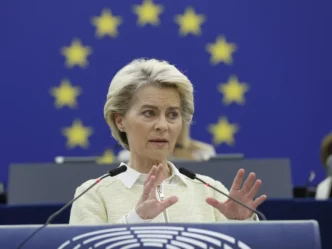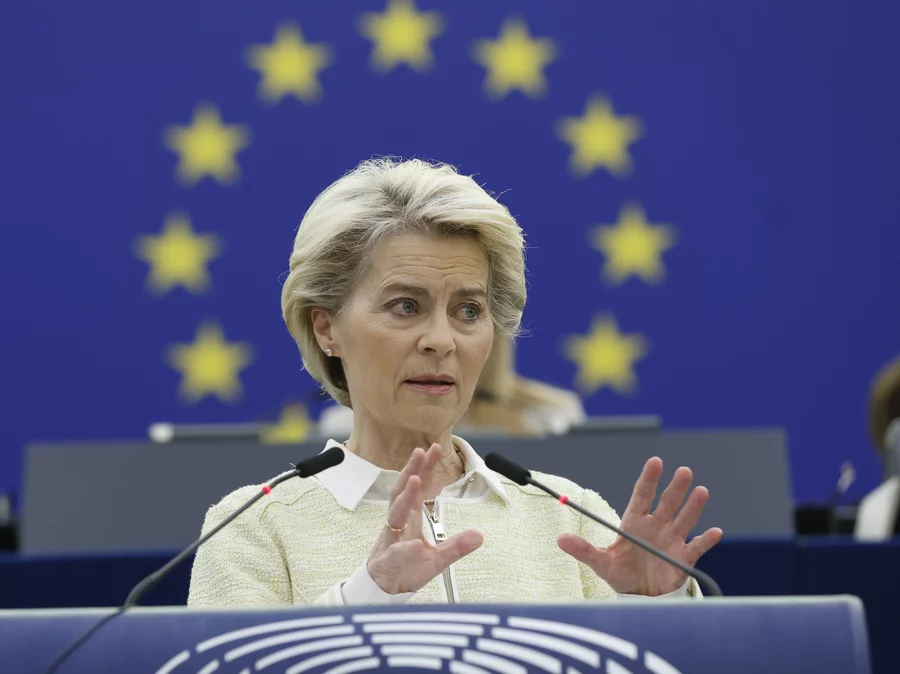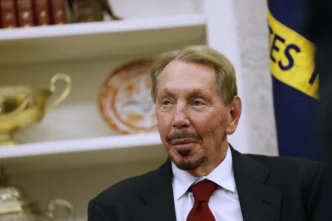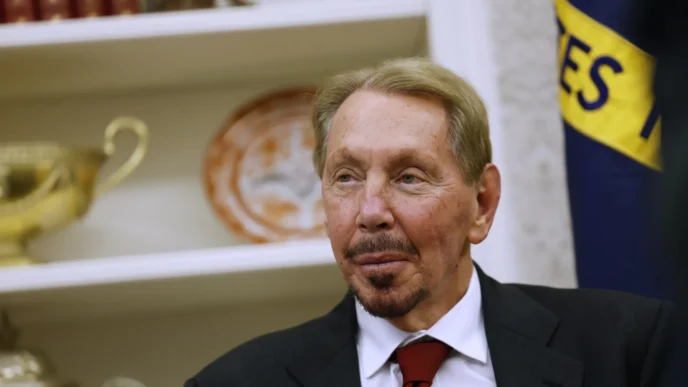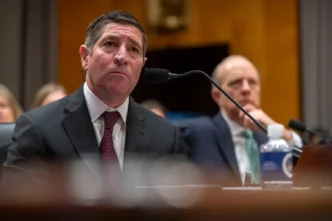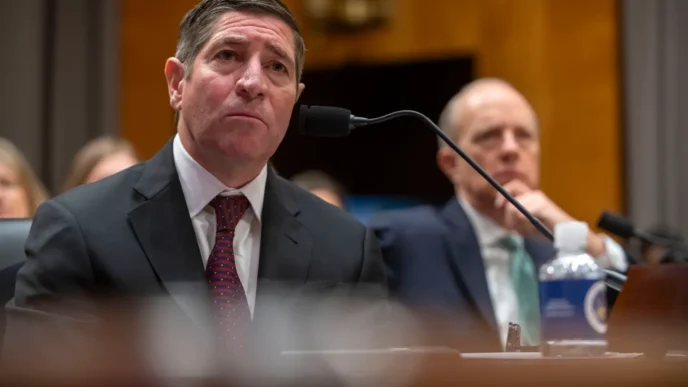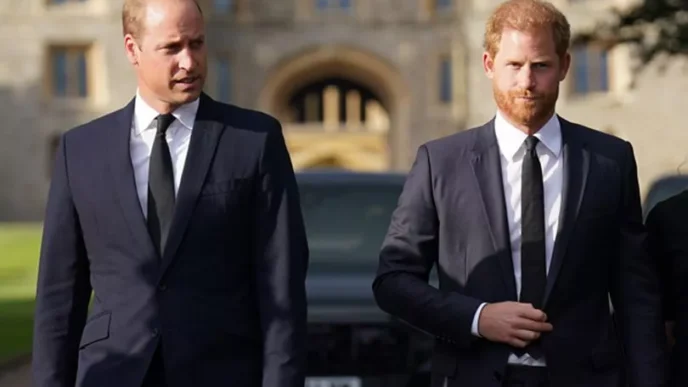The European Union has reached an unexpected agreement on a fresh round of sanctions against Russia, marking its 18th package since the invasion of Ukraine.
This new set of measures is aimed directly at weakening Russia’s energy sector and cutting off its financial lifelines, especially those outside Europe.
The sanctions package, which EU diplomats described as one of the most forceful to date, introduces tighter restrictions on oil exports.
It lowers the G7’s price cap for Russian crude oil to $47.6 per barrel, a reduction that could significantly affect Moscow’s revenue.
Furthermore, over 100 tankers in Russia’s so-called “shadow fleet” have been blacklisted.
These older vessels have been reportedly used to bypass export restrictions, but will now face greater international scrutiny.
European Commission President Ursula von der Leyen stated, “We are striking at the heart of Russia’s war machine. Targeting its banking, energy, and military-industrial sectors and including a new dynamic oil price cap.”
The statement reflects the EU’s growing urgency to reduce Russia’s global influence and war funding.
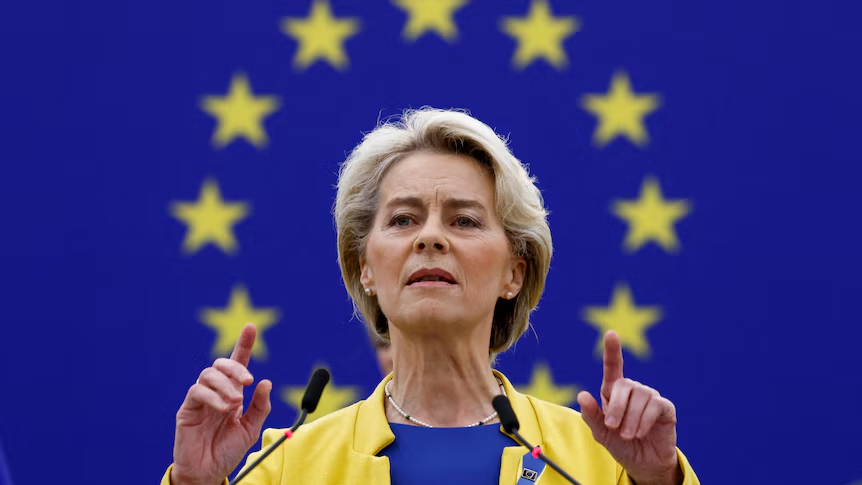
In addition, the EU has expanded its crackdown by banning all transactions involving the Nord Stream 1 and 2 gas pipelines, even though both are no longer active.
However, this new rule makes it harder for Moscow to bring them back into use, which further limits future energy deals with Europe.
Several Russian banks face new transaction bans, and the EU has included two Chinese banks in this round of penalties.
A Russian-owned oil refinery based in India is also among the fresh targets, showing the EU’s determination to limit Russia’s partnerships beyond Europe.
Speaking on the development, the EU’s foreign policy chief Kaja Kallas took to X to share her thoughts, stating,
“The EU just approved one of its strongest sanctions package against Russia to date. We will keep raising the costs, so stopping the aggression becomes the only path forward for Moscow.”
Meanwhile, dual-use goods products that could be used for both civilian and military purposes are also restricted under this latest sanctions round.
This is intended to limit the resources available for the battlefield in Ukraine, where the war continues to rage on.
This sanctions move comes just before the formal adoption by EU ministers scheduled for later on Friday.
Russia’s oil sanctions and financial crackdown may not bring immediate results, but they deepen the isolation of Moscow from key international systems.
